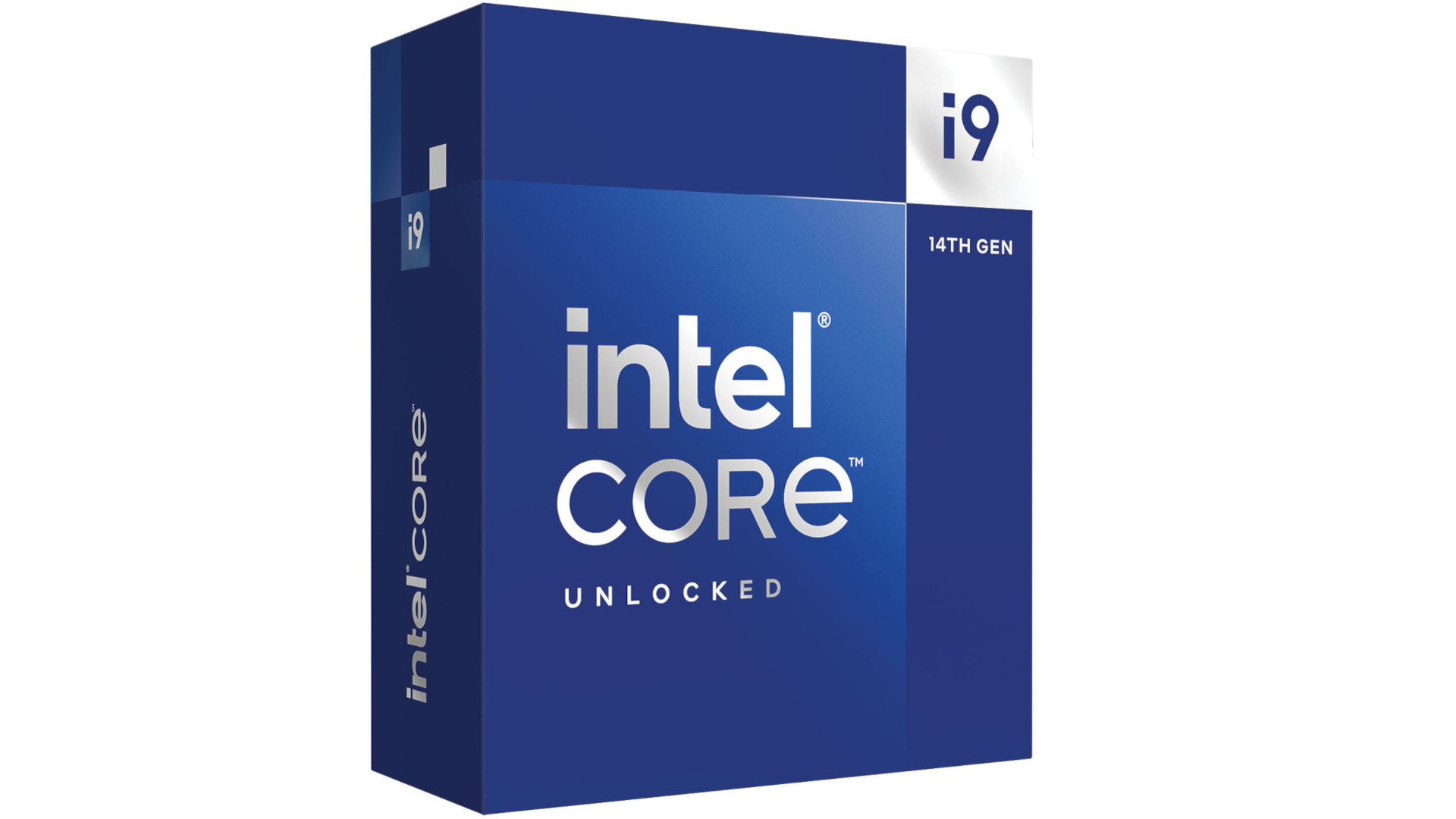The most well-known 14th-generation processor, the Intel Core i9 14900K, is now retailing. Yes, following a great deal of conjecture and online performance leaks, the Raptor Lake-based Intel Core i9 14900K has finally been made public.
The Intel Core i9 14900K, while the fastest processor to ever grace a gaming PC, is as dull a CPU upgrade as they come. Everything we’ve seen before. The 14900K may be able to accomplish some tasks more efficiently than the 13th generation, but it is rarely noticeable due to its large core count, architecture, and 6GHz clock speed. It simply doesn’t move the needle forward very much, if at all. That doesn’t make it any less of an amazing gaming chip, which it is.
Because of this, PC builders are faced with a difficult choice: should they spend money on a new, shiny 14th generation chip for bragging rights and the often intangible performance boost, or should they buy a 13th generation chip and save a few bucks?
At introduction, the Intel Core i9 14900K has the same suggested retail price as the Core i9 13900K, which was its predecessor. That’s approximately $589. For any PC builder, the most important question is whether the unique blandness of the Intel Core i9 14900K is worth the extra cash at the top when compared to the Core i9 13900K. While supplies last, the 13900K might be a better value because it is at least $30 less expensive now than it was at launch.
Intel Core i9 14900K Specifications
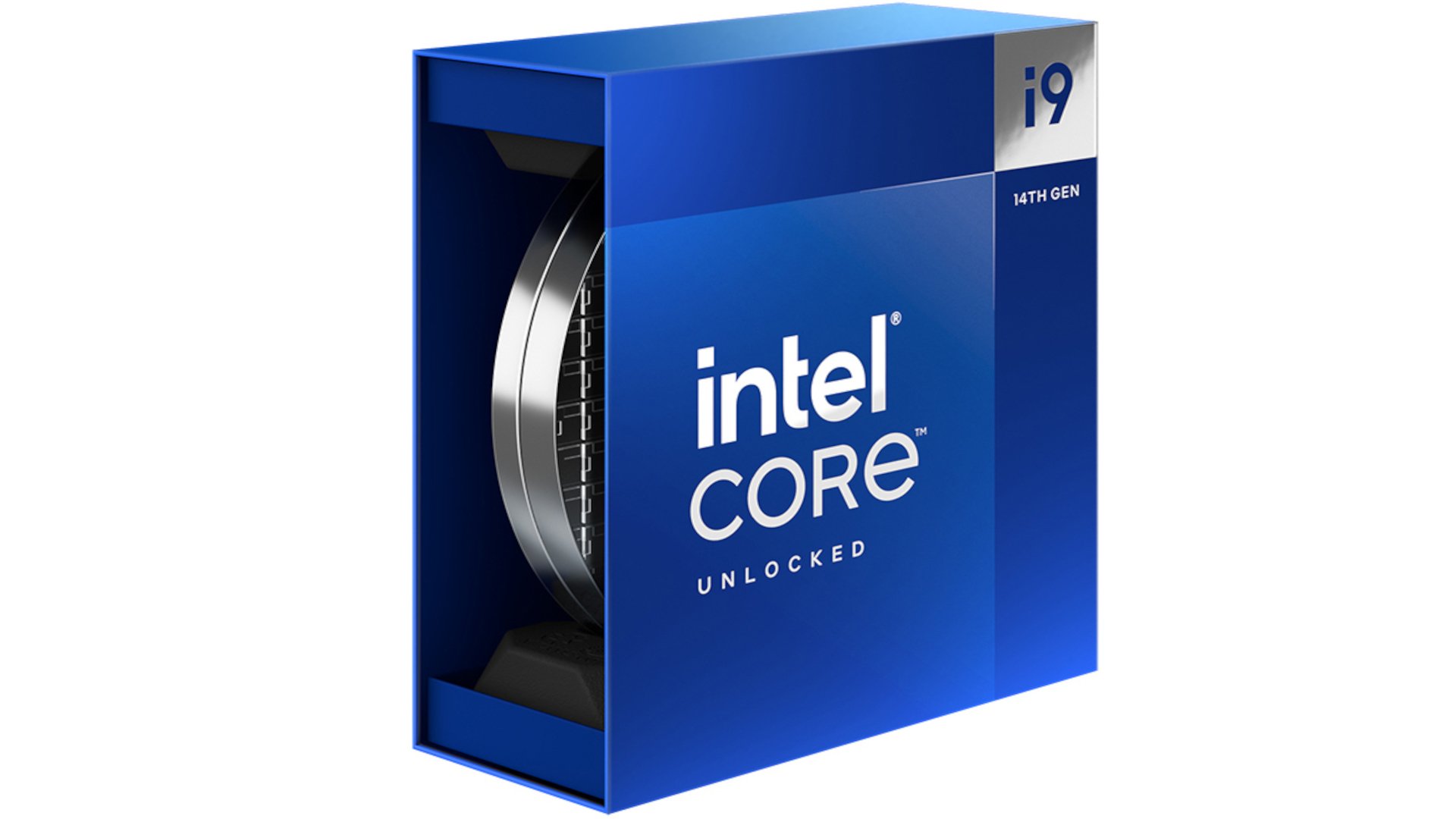
This time around, the 14900K’s P-core max turbo frequencies are up 200Hz to 5.6GHz, while the E-core max turbo side receives a 100MHz rise. Both the P- and E-cores have base frequencies that are raised by 200MHz.
However, these minor adjustments won’t have a significant impact on how well people perform in creative or gaming jobs this time. Furthermore, they unquestionably fall short of AMD’s X3D chips in terms of gaming performance.
Since the Intel Core i9 14900K is merely an update, if you currently own a 12900K or 13900K, you don’t need to bother about getting a new motherboard. Here, Intel continues to use the LGA 1700 socket, and the most recent 14th Gen processors are fully supported by the Z690 and Z790 motherboards. The motherboard must have a BIOS update installed, however most contemporary boards make this simple.
This year, there aren’t any new motherboards or chipsets, but motherboard manufacturers have updated some of their Z790 models to include the Core i9-14900K’s Wi-Fi 7 compatibility. I put the chip on the MSI MAG Z790 Carbon WiFi in order to test it. With four M.2 slots supporting PCIe Gen 4 speeds and one M.2 slot supporting PCIe Gen 5 (or below), it has everything you need to fully utilize the Intel Core i9 14900K.
The x86 performance hybrid architecture and Intel’s 7 process are still the foundation of the Intel Core i9 14900K. This implies that Intel’s Thread Director, an embedded microcontroller inside the CPU that monitors threads and makes sure they’re executing on the correct cores, divides workloads between performance cores (P-cores) and efficiency cores (E-cores).
This year, Intel has maintained the same core counts, but it now supports DDR5 5600 and DDR4 3200 memory rates. Intel keeps DDR4 compatibility for motherboard manufacturers that ship with DDR4 support instead of DDR5, in contrast to AMD and its move to AM5.
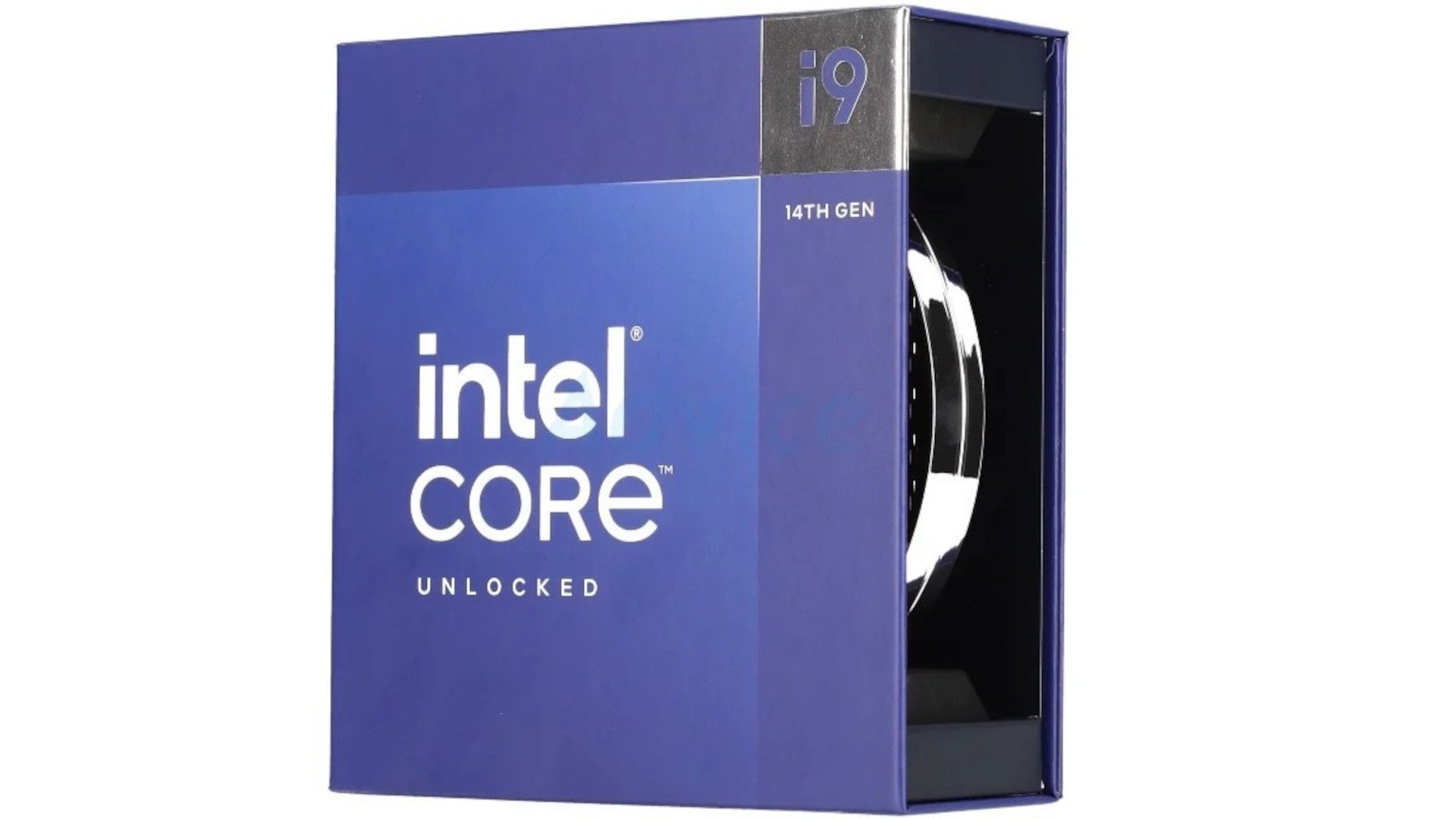
Intel Core i9 14900K Essential Information
| Product Collection | Intel® Core™ i9 Processors (14th gen) |
|---|---|
| Code Name | Products formerly RAPTOR LAKE |
| Vertical Segment | Desktop |
| Processor Number | i9-14900K |
| Lithography | Intel 7 |
| Recommended Customer Price | $589.00-$599.00 |
| Use Conditions | PC/Client/Tablet, Workstation |
Intel Core i9 14900K CPU Information
| Total Cores | 24 |
| # of Performance-cores | 8 |
| # of Efficient-cores | 16 |
| Total Threads | 32 |
| Max Turbo Frequency | 6 GHz |
| Intel® Thermal Velocity Boost Frequency | 6 GHz |
| Intel® Turbo Boost Max Technology 3.0 Frequency | 5.8 GHz |
| Performance-core Max Turbo Frequency | 5.6 GHz |
| Efficient-core Max Turbo Frequency | 4.4 GHz |
| Performance-core Base Frequency | 3.2 GHz |
| Efficient-core Base Frequency | 2.4 GHz |
| Cache | 36 MB Intel® Smart Cache |
| Total L2 Cache | 32 MB |
| Processor Base Power | 125W |
| Maximum Turbo Power | 253 W |
Intel Core i9 14900K Performance
In benchmarking, the Intel Core i9 14900K is frequently the fastest gaming CPU. Not only does it perform exceptionally well in Metro: Exodus, Far Cry 6, and Shadow of the Tomb Raider, but it also does it without exceeding the power constraints set by my motherboard.
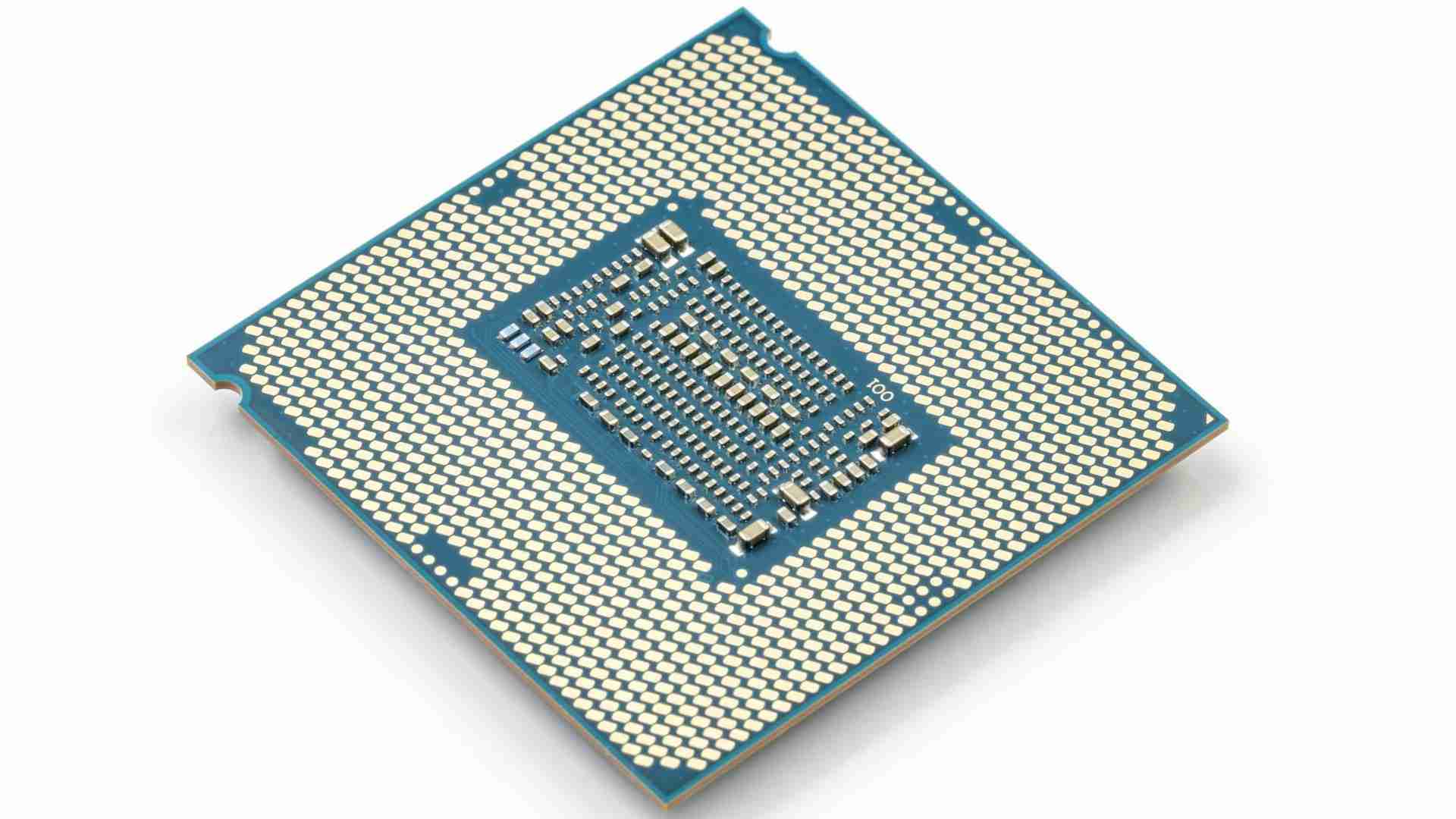
The worst part is that it’s frequently not even slightly faster than the Core i9 13900K. The Intel Core i9 14900K saw the greatest improvements in F1 2021 and Far Cry 6, although there are several games where these two chips are tied for first place. Unfortunately, not a really noticeable improvement in gaming performance.
‘Frame consistency’ is the buzzword of the day. A sort of catch-all word for minimum and 1% low frame rate performance, these parameters need to be performed well in order to guarantee a seamless gaming experience.
In my tests, the Intel Core i9 14900K offers fluid gameplay in this regard. Though some games favor either Intel’s or AMD’s top chips in this category, you could make a similar case for AMD’s 3D V-Cache gaming CPUs. Though there is typically minimal difference between these competing processors, AMD still holds the upper hand in a select games. Two exclusions: AMD’s X3D CPUs surprise everyone by taking the lead in F1 2021, while Intel wins Far Cry 6.
Benchmarks that aren’t related to gaming are where the 14900K performs the best. The majority of the time, slightly higher clock speeds are beneficial when compared to more conventional benchmarks. It almost dethrones AMD’s Ryzen 9 7950X3D from the top spot in Blender, making it the fastest gaming CPU we’ve ever tested using the X264 encoding benchmark.
You must be concerned about performance in these kinds of demanding workloads in order to warrant purchasing the Intel Core i9 14900K. If not, simply grab a 14600K; it’s still a terrific runabout for multitasking and editing, and it’s almost as good for gaming.
Intel Core i9 14900K Conclusion
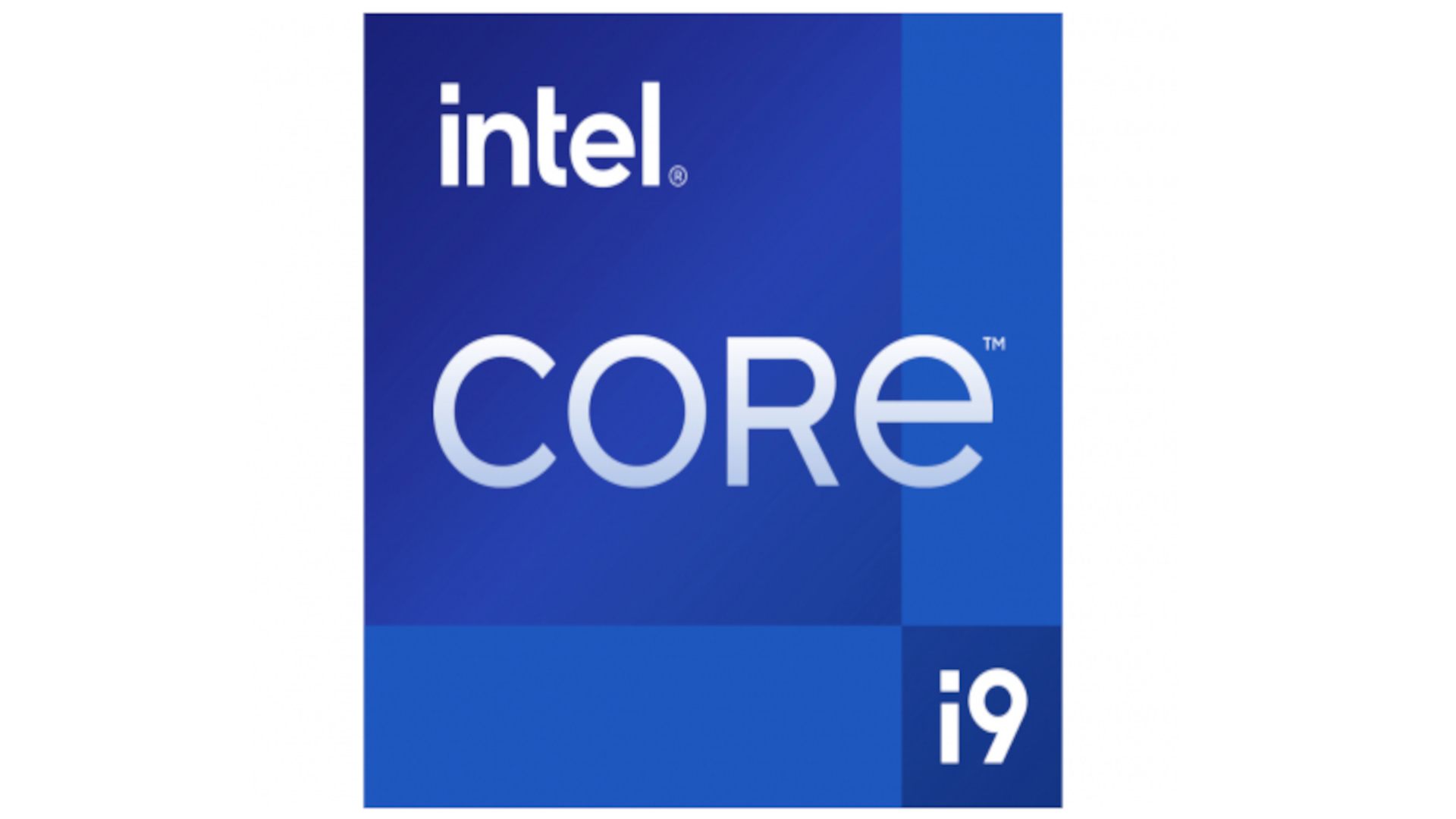
Both its threaded and single-threaded performance is good with the Intel Core i9 14900K. From a gaming standpoint, the Ryzen 7 7800X3D and even 5800X3D is a more affordable and cooler option when taking energy efficiency and temperature metrics into account. It does, however, lose out to the 14900K in terms of multi-threaded program performance.
Both manufacturers’ motherboards have modern capabilities like USB 3.2 2×2, 2.5 G LAN, and the newest ones, even WiFi 7. Read our Core i5 14600K review to learn more about this potentially much more enticing gaming-focused processor, which ranges in price from 294 USD (KF) to 319 USD for the K model.
Intel Core i9 14900K
-
Performance - 93%93%
-
Price - 95%95%
-
Value - 94%94%

